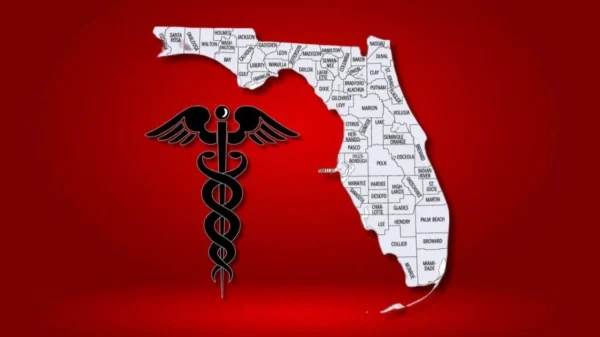Each statewide election year voters are faced with deciding just what else needs to be added to an already excessively wordy Florida Constitution.
Some of the new proposals come through petition processes where distinct special interest groups spend lots of time and money putting their cause before voters; usually something they were unable to get passed through the narrow funnel of the legislative process.
Some proposals are placed directly on the ballot by the state legislature due to specific needs for amending provisions placed in the Constitution in previous elections.
Every now and then voters are asked to remove something they had previously inserted, such as high-speed rail or pregnant pigs. In all cases voters should be encouraged to reflect upon just how bulky the primary governance document of the state should be. That is my personal litmus test. Does it really belong in the Constitution?
This election it is easy to sort out which amendment falls within the categories mentioned above, and which ones will see the public battles be the loudest based on who will run commercials and who will spend the most money seeking either passage or defeat. It should raise voter alarm bels when any company or individual is willing to spend tens of million of their funds seeking passage on an amendment. Why are they so committed to passage? How do they stand to benefit if the proposal is passed, or benefit or suffer if the proposal is defeated?
I have worked in the policy and political processes for an exceptionally long time, so perhaps with experience also comes cynicism. Florida does have a process for offering amendments that goes around the normal consideration by the elected legislature. It is easier to put a single subject issue on the ballot these days than it is to pass a specific bill. However, voters must ask themselves just what exactly belongs in this document?
Pigs, pot, abortion, and trains are not proper issues for the document that provides for the structure of government and the provision of citizen rights. They are issues for debate and consideration by elected bodies. Adding single subject issues put forth by special interest groups is not how a reasonable republic or branch of government should transact business. Many issues have been around for years without resolution even after intense debate and thorough research. Some get resolved over time, as needed, by our duly elected officials who spend needed time fully understanding the complexities of these issues while trying to avoid any unintended consequences of actions.
Once an idea is passed and entered into the Constitution, there is little that can be done to alter, amend or improve the issue for a long time. There will be limited debate on complex issues and if passed these issues are cast in stone until such time as they can once again go before the voters for remediation. The Constitutional Revision Commission only meets every twenty years. Do issues like marijuana, pregnant pigs or high-speed rail belong in the Constitution? I say NO.
How much detail is offered as explanation by those offering advocacy for proposals? How much time is spent by voters considering these proposals? What is the depth of understanding that these changes are not simply laws that can be addressed each time a legislative body meets, but rather are words which are extremely difficult to alter or remove once placed in this important document?
What might be useful is a grading template which could be used by voters to assess first whether any item really belongs in the foundational document of state government, our constitution, and second, whether the proposal meets extremely specific and limited criteria for inclusion. Here are some suggested criteria you, the voter, might use to evaluate how you might vote based on whether a proposal belongs in the Constitution of Florida:
- Is the proposal attempting to accomplish something that has been previously before the legislature and proponents could not get it passed through the normal process?
Is the proposal attempting to establish a special class of people beyond the rights and privileges already held by the general population?
- Does the proposal reduce the size and scope of government or does it expand government intrusion into your normal life?
Will the proposal lead to larger government and demand for higher government expenditures or will it lead to reduced expenditures taxes and fees?
- Will the proposal enhance or diminish your ability to make personal choices in your daily life?
- Can the proposal be better vetted within normal governmental activities instead of placing it in the foundational document with little or no chance of being changed over time.
- Will the proposal address an issue that is likely to change quickly due to advances in science or technology? Remember how fast technology and science changes our daily lives. The Constitution does not allow for change easily.
- Is the proposal being pushed by a limited special interest that advances that interest at the expense of others. The Constitution should be for everyone, not selected interests.



















